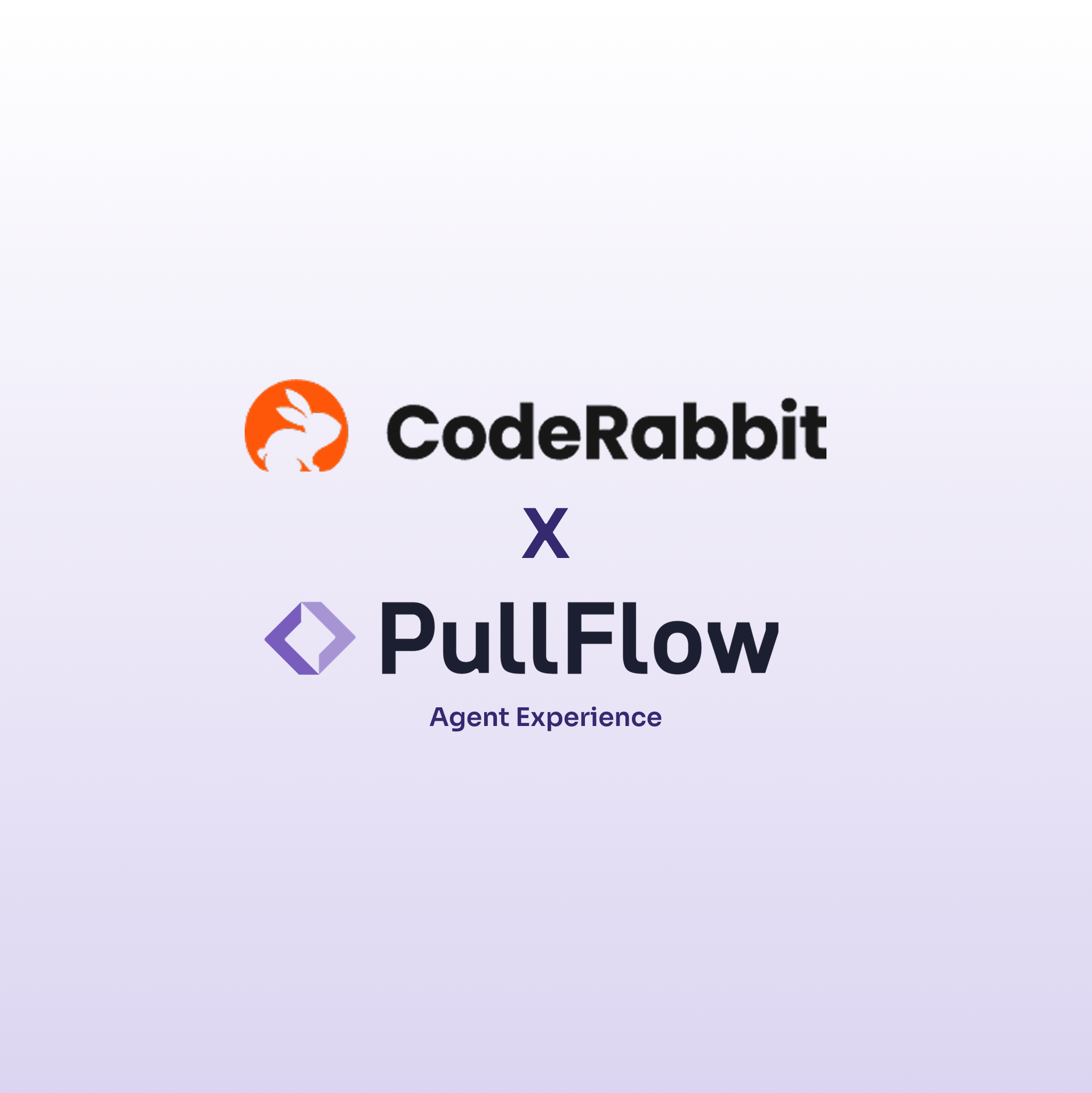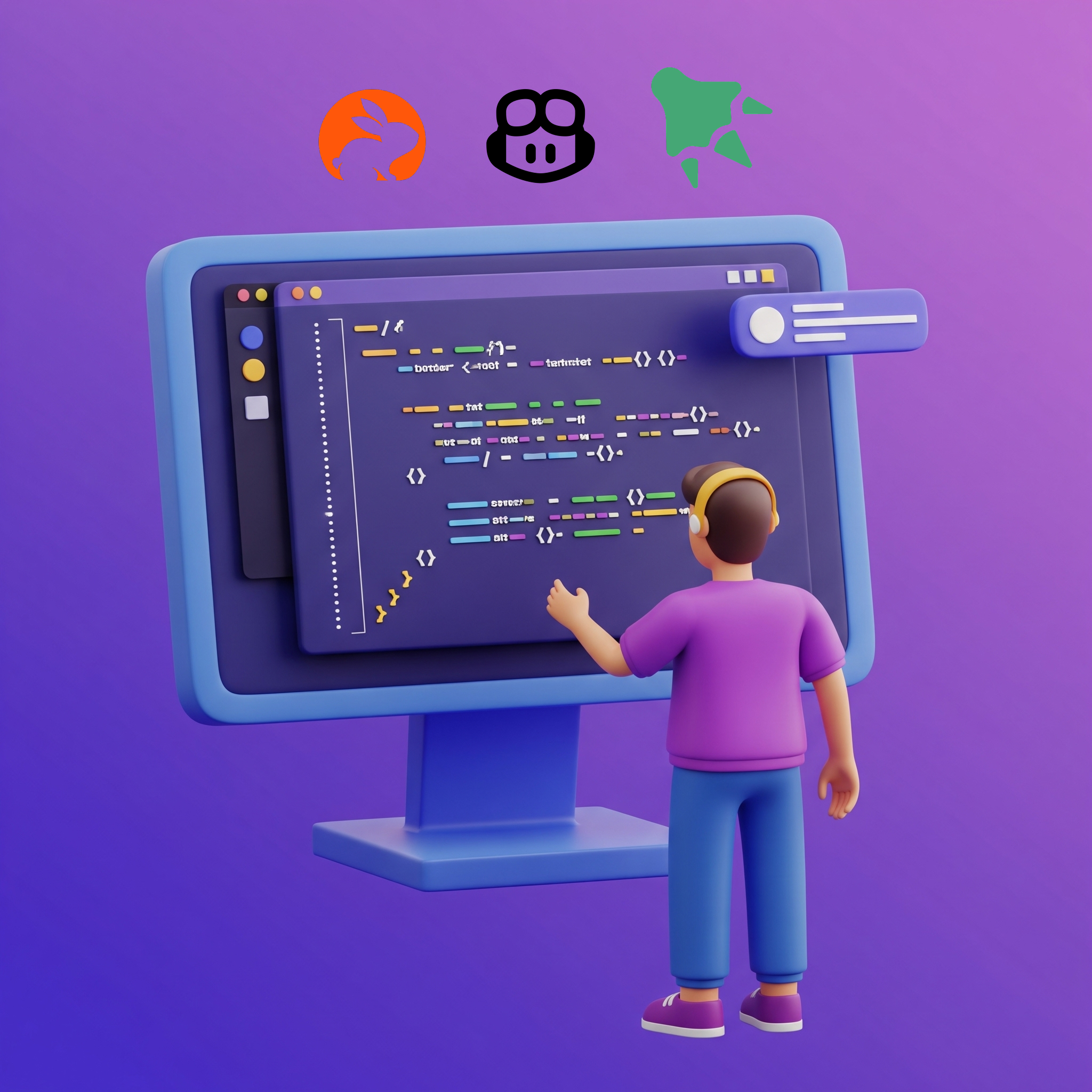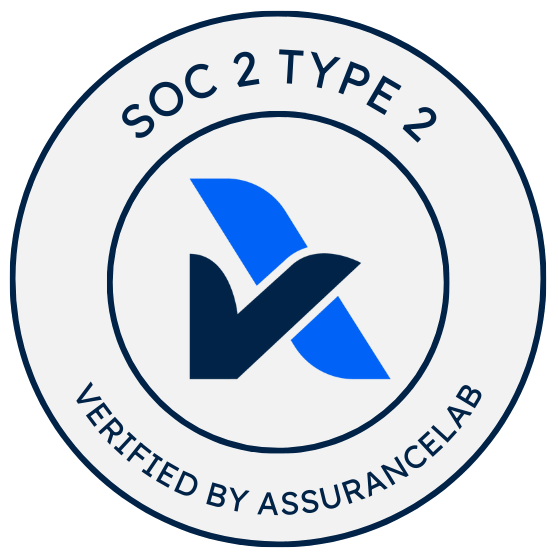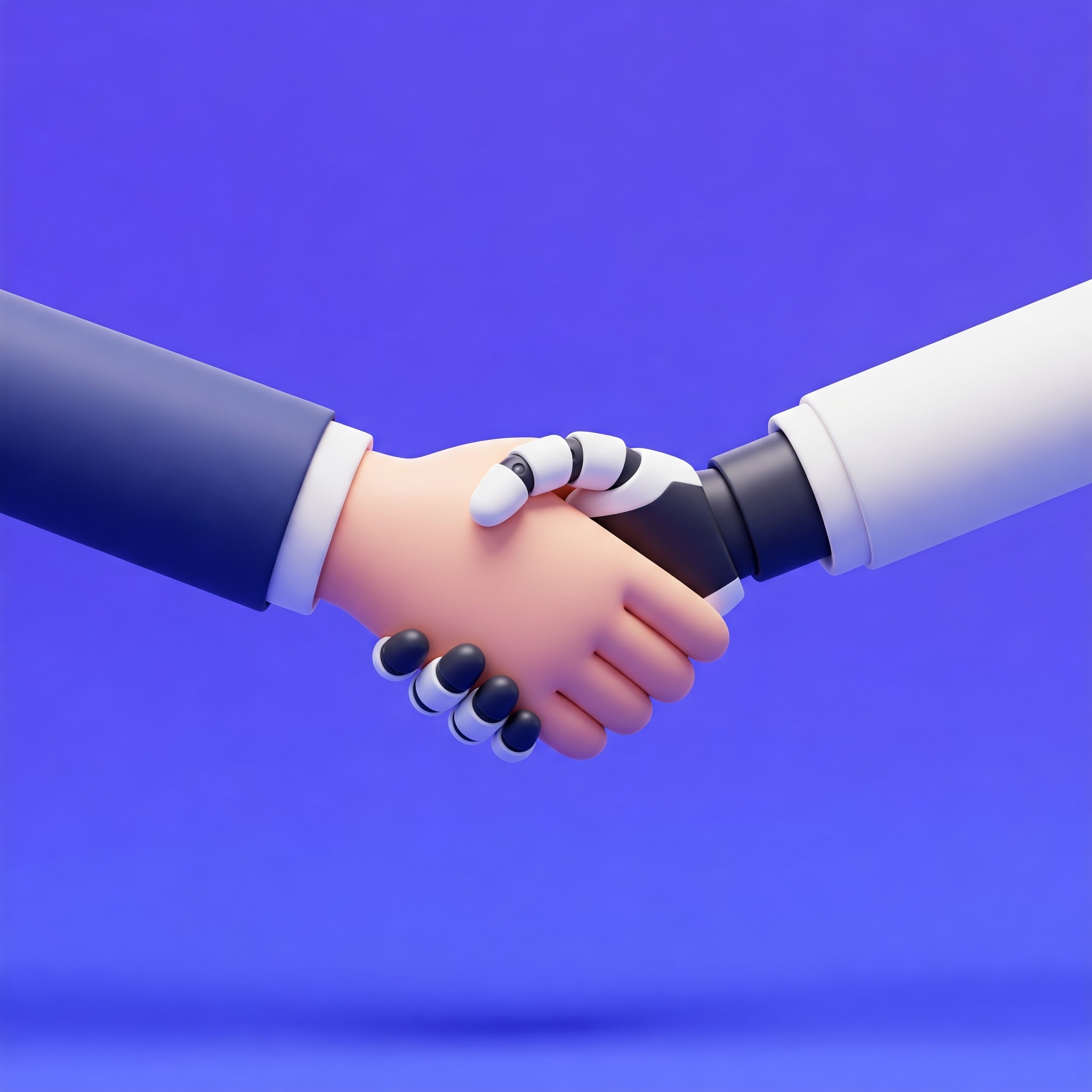
Prompt Engineering is Dead, Long Live Prompt Engineering
The era of crafting perfect prompts is over. Welcome to AI orchestration, where developers become strategic conductors of multi-agent systems, not prompt writers.
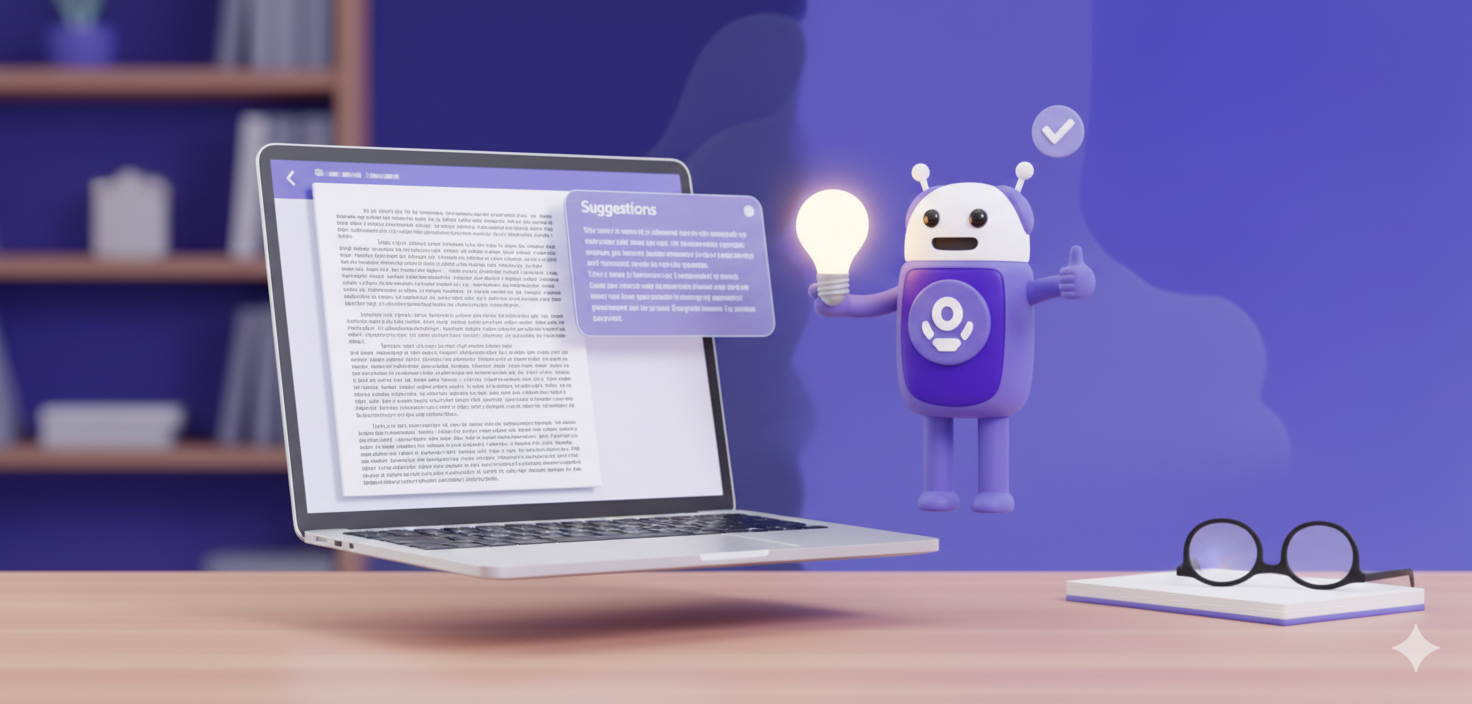
The six-figure prompt engineering jobs are disappearing. Not because the skills aren’t valuable, but because the entire discipline has evolved beyond recognition.
What started as crafting the perfect ChatGPT prompt has transformed into orchestrating complex AI agent workflows. The developers who understand this shift are building the future. Those who don’t are still optimizing their few-shot examples.
The Death of Traditional Prompt Engineering
Remember when we spent hours perfecting prompts? “Please act as a senior developer and…” followed by pages of context and examples. We treated AI like a temperamental oracle that needed exactly the right incantation.
Modern AI models like GPT-4.5, Claude 3, and Gemini demonstrate agent-like capabilities that fundamentally change the game. They understand context and intent with minimal instruction. The elaborate prompt architectures we built are becoming unnecessary overhead.
But here’s what most people miss: prompt engineering isn’t dying—it’s evolving into something more powerful.
The Birth of AI Orchestration
The new frontier isn’t about better prompts. It’s about designing systems where multiple AI agents collaborate autonomously. Tools like AutoGPT and BabyAGI represent this shift—AI systems that generate, evaluate, and refine their own prompts without human intervention.
This is AI orchestration: the strategic design of multi-agent workflows that accomplish complex tasks through collaboration rather than single-turn interactions.
From Prompt Writer to System Architect
Traditional prompt engineers focused on input optimization. AI orchestrators design entire workflows:
Before: “Write me a function that calculates Fibonacci numbers with proper error handling and documentation.”
Now: Deploying an AI agent that understands your codebase, identifies patterns, writes the function, generates tests, creates documentation, and submits a pull request—all while another agent reviews the code and suggests improvements.
The skill shift is profound: from crafting individual requests to architecting autonomous systems.
What Skills Actually Matter Now
Research shows that 76% of developers are using or planning to use AI coding tools, with 83% using them to write code and significantly more time freed up for system design and strategic thinking. The question isn’t “How do I prompt better?” but “How do I build systems that leverage AI effectively?”
1. Systems Thinking Over Prompt Optimization
Understanding how AI agents interact, pass context, and maintain state across workflows matters more than perfect prompt syntax. You’re designing distributed systems where some nodes happen to be AI agents.
2. Critical AI Evaluation
When AI generates code, designs systems, or makes decisions, human judgment becomes the bottleneck. The ability to quickly evaluate AI output for correctness, security, and maintainability is now a core competency.
Example: An AI agent suggests using a particular database design. Can you quickly assess whether it handles edge cases, scales appropriately, and aligns with your architecture patterns? This evaluation skill is more valuable than being able to prompt the AI to generate better designs.
3. Human-AI Interaction Design
Frameworks like DSPy separate program flow from prompt parameters, allowing AI to dynamically generate effective prompts within complex systems. Understanding how to design these interaction patterns—not just individual prompts—becomes crucial.
4. Workflow Orchestration
Modern AI systems require sophisticated coordination. Consider a typical development workflow:
- AI agent analyzes requirements and generates initial code
- Another agent performs security analysis
- A third agent optimizes for performance
- A fourth agent generates comprehensive tests
- A final agent creates documentation
Designing these workflows requires understanding each agent’s capabilities, limitations, and how they pass context effectively.
The Vibe Coding Revolution
AI-first development allows engineers to express intent in natural language while AI handles implementation. This isn’t about better prompts—it’s about designing systems that understand developer intent and translate it into working code.
At PullFlow, we see this daily. Developers describe what they want to build, and our AI agents:
- Generate modular, testable code
- Create appropriate tests and documentation
- Submit pull requests with context
- Iterate based on code review feedback
The human role shifts from writing code to guiding architectural decisions and ensuring quality.
The Skills That Compound
Domain Expertise Becomes More Valuable
AI can implement solutions, but it needs human expertise to understand problems deeply. A developer who understands both the technical implementation and business context can guide AI agents more effectively than someone who only knows how to prompt.
Quality Assurance and System Design
As AI generates more code, human skills in:
- Architecture patterns and design principles
- Security considerations and trade-off analysis
- Performance optimization and scalability
- Integration patterns and system boundaries
These become more valuable, not less.
Ethical AI and Responsible Development
With AI agents making autonomous decisions, understanding bias, fairness, and responsible AI principles isn’t just academic—it’s operational. These considerations must be built into the workflows you design.
The New Prompt Engineering
The future prompt engineer is really an AI System Designer. They understand:
- How to decompose complex problems into agent-solvable tasks
- When to use AI versus human judgment
- How to maintain context across multi-step workflows
- How to ensure quality and safety in autonomous systems
This isn’t about writing better prompts. It’s about architecting intelligent systems that amplify human capabilities.
Building for the Future
At PullFlow, we’re not just building tools—we’re creating infrastructure for human-AI collaboration. Our platform helps development teams orchestrate AI agents alongside human expertise, maintaining context across GitHub, Slack, and development workflows.
The developers who thrive in this new era won’t be the best prompt writers. They’ll be the ones who understand how to design, implement, and optimize collaborative human-AI systems.
The age of prompt engineering is dead. Long live the age of AI orchestration.
Ready to move beyond prompts to AI orchestration? PullFlow helps development teams build sophisticated human-AI workflows that maintain context across your entire development process.
